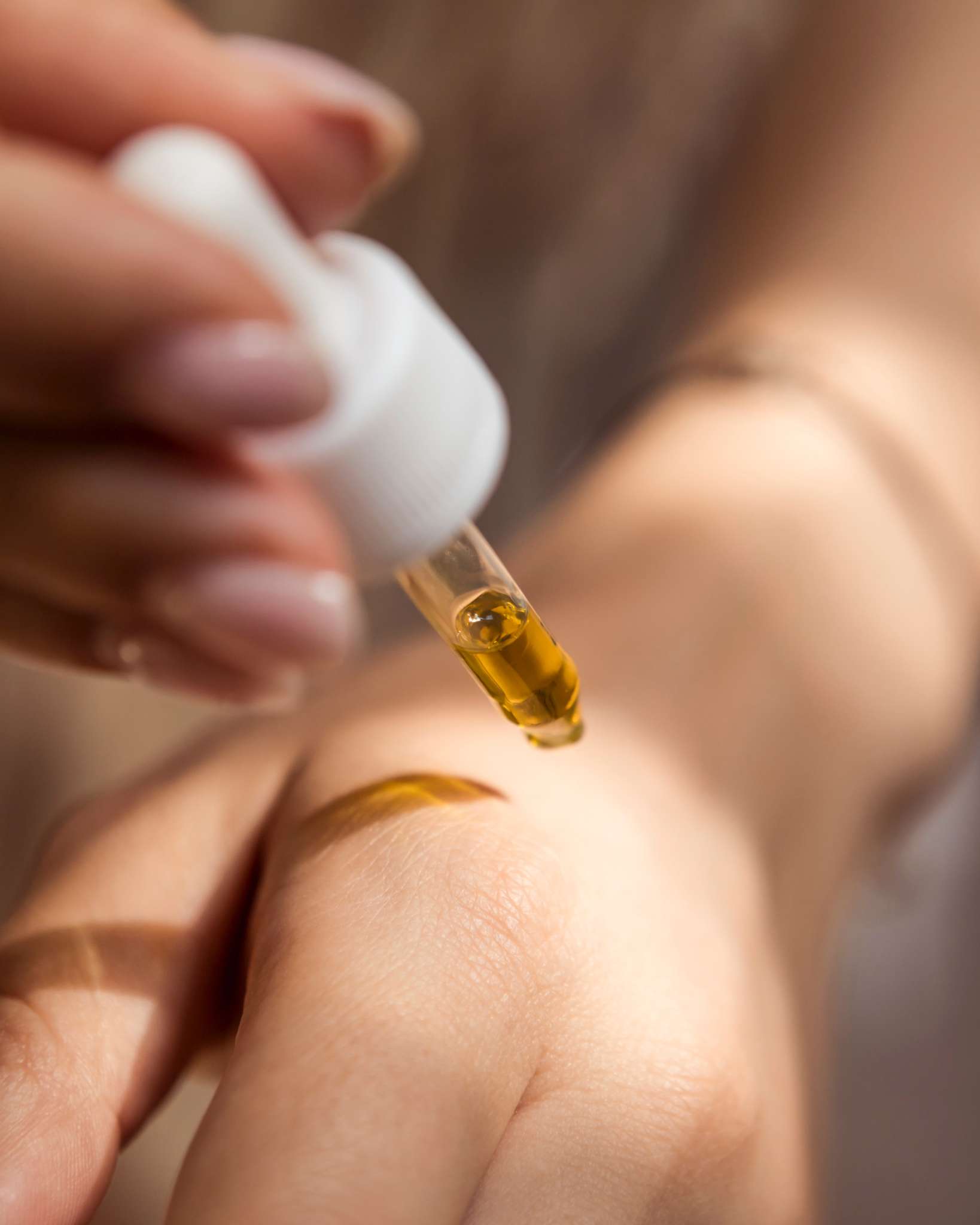We all desire youthful, radiant skin that defies the passage of time. While aging is inevitable, there are proactive steps you can take to maintain youthful skin for as long as possible. In this blog, we’ll explore the top three things you can do to keep your skin youthful, focusing on the science behind sunscreen, the importance of a healthy lifestyle, and effective skincare routines.
The Science Behind Sunscreen and How It Works
When it comes to preserving your skin’s youthfulness, sunscreen is your first line of defense against the damaging effects of the sun. While many people understand the importance of sunscreen, not everyone knows how it works and why it’s crucial for maintaining youthful skin. So how does sunscreen work? Let’s learn a little about the science behind it.
Sunscreen’s primary role is to protect your skin from harmful UV (ultraviolet) radiation emitted by the sun. There are two types of UV rays that affect our skin. These are UVA and UVB rays.
UVA rays penetrate the deeper layers of the skin and contribute to premature aging. They can cause wrinkles, fine lines, and age spots by breaking down collagen and elastin, the proteins responsible for skin’s elasticity and firmness. UVB rays primarily affect the top layer of the skin and are responsible for sunburn. Repeated sunburns can lead to long-term skin damage, increasing the risk of skin cancer.
Sunscreen contains active ingredients that act as a shield against UV radiation. These ingredients fall into two categories that include chemical and physical (mineral) filters.
Chemical filters absorb UV rays and convert them into harmless heat. Common chemical filters include avobenzone, octocrylene, and octisalate. Physical filters sit on the skin’s surface and reflect UV rays away. Titanium dioxide and zinc oxide are examples of physical filters.
When you apply sunscreen to your skin, it creates a protective barrier that absorbs, scatters, or reflects the UV radiation, preventing it from penetrating your skin’s deeper layers. This essential step reduces the risk of sunburn, skin aging, and skin cancer.
To ensure optimal protection, choose a broad-spectrum sunscreen with an SPF (Sun Protection Factor) of at least 30. Broad-spectrum sunscreen shields your skin from both UVA and UVB rays, while SPF indicates the level of protection against UVB rays. Additionally, consider your skin type and any specific needs, such as water-resistant sunscreen for outdoor activities or a formula suitable for sensitive skin.
Embrace a Healthy Lifestyle
While sunscreen plays a vital role in protecting your skin from external factors, your overall lifestyle choices also significantly impact your skin’s youthfulness. Nutrition matters more than most people realize. What you eat directly affects your skin’s health. A balanced diet rich in antioxidants, vitamins, and minerals can help combat the signs of aging. Antioxidants, in particular, neutralize free radicals, unstable molecules that damage skin cells and contribute to premature aging.
Include plenty of fruits and vegetables in your diet, as they are packed with antioxidants like vitamin C, vitamin E, and beta-carotene. Foods high in omega-3 fatty acids, such as salmon and walnuts, can also help maintain skin elasticity and hydration.
Proper hydration is essential for supple, youthful skin. Drinking enough water ensures that your skin remains moisturized and helps flush out toxins from your body. Aim for at least eight glasses of water a day, and adjust your intake based on your activity level and climate. Additionally, it’s important to get enough sleep and manage your stress levels well.
Effective Skincare Routines
In addition to sunscreen and a healthy lifestyle, establishing an effective skincare routine tailored to your skin’s needs is crucial for maintaining youthful skin. Start with cleansing your skin. A clean canvas is essential for skincare products to work effectively. Use a gentle cleanser suitable for your skin type to remove dirt, oil, and makeup. Avoid harsh soaps that can strip your skin of its natural moisture.
Next focus on exfoliation. Regular exfoliation removes dead skin cells, allowing fresh, youthful skin to surface. Choose an exfoliator that suits your skin type—physical exfoliants use small particles to physically remove dead skin, while chemical exfoliants use acids like alpha hydroxy acids (AHAs) or beta hydroxy acids (BHAs) to dissolve dead skin cells.
Moisturizing is another key to keeping your skin hydrated and preventing dryness, which can lead to premature aging. Select a moisturizer that matches your skin type—oily, dry, or combination—and use it morning and night.
Photo Credit: Unsplash


